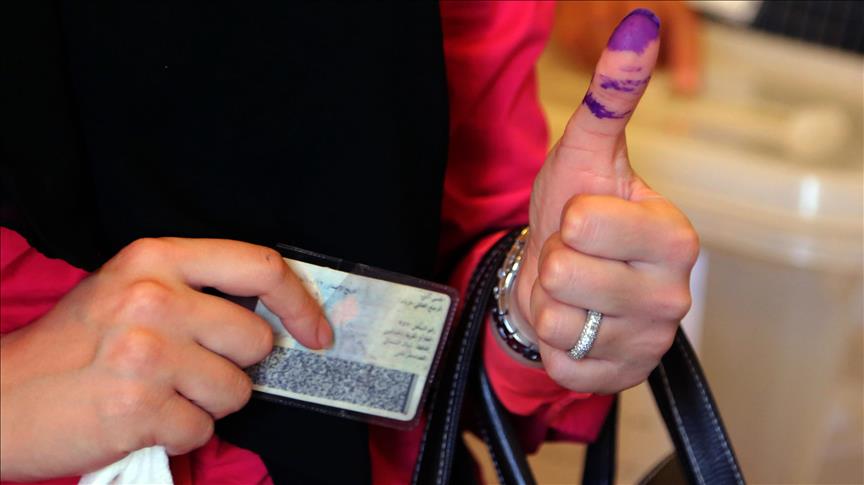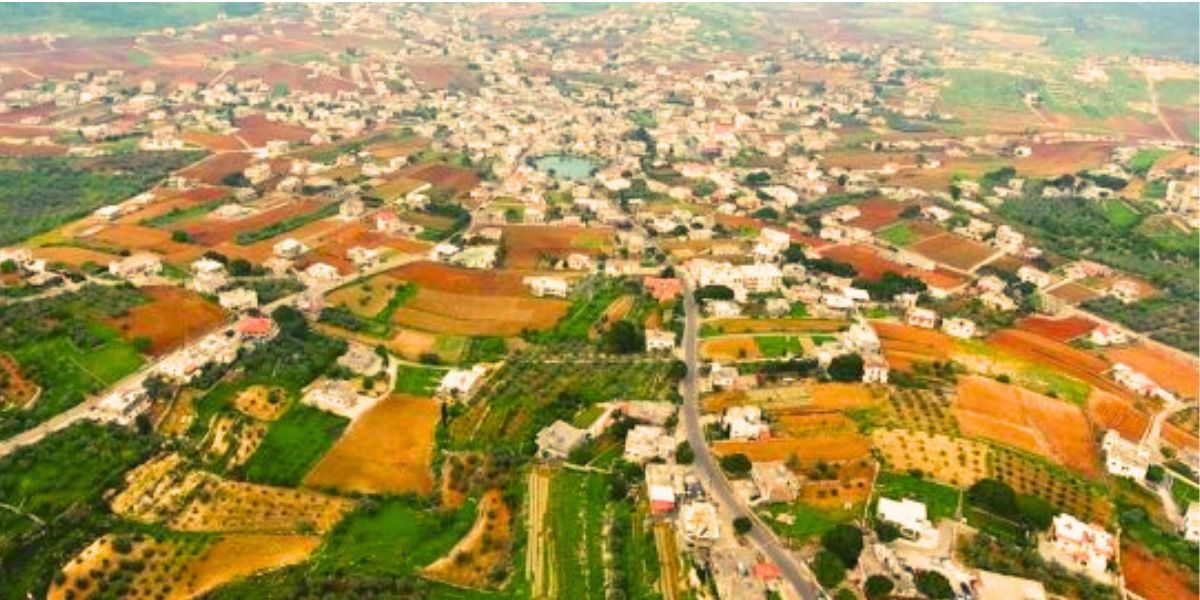On Monday, Arab Reform Initiative and The Policy Initiative published a new report regarding the Lebanese diaspora voting compared to 2018.
“The Lebanese diaspora and the upcoming elections: Lessons from the 2018 voting” report examines the options and choices of the Lebanese diaspora in 2018 to examine this year’s diaspora voting and its impact on the upcoming parliamentary elections.
According to the report, there is an increase of effort in mobilization to encourage the diaspora to vote led by civil society and Lebanese activists, who succeeded to get about 240,000 Lebanese, “a threefold increase from 2018” to register for the elections.
“These numbers suggest an increased interest of Lebanese abroad to participate in the electoral process, although whether those voters already resided outside the country or are recent emigrants is unknown,” the report highlighted.
As stated by the study, the number of registered voters abroad rose nearly fivefold in Asia (from around 13,000 in 2018 to 57,000), tripled in Europe and Africa, doubled in North America and Australia, and increased by 1.3 in South and Central America.

In 2018, only 6% chose opposition candidates while 94% selected traditional political parties.
Per the report, the diaspora supported the Lebanese Forces (LF) and Free Patriotic Movement (FPM), while less support was seen towards Hezbollah and the Future Movement (FM).
“Looking at the results disaggregated by country can show where the diaspora will be more likely to vote for anti-establishment or independent parties,” the study continued.
Adding that in the 2018 election, the opposition lists in Beirut I and Mount Lebanon IV came close to winning:

In the Beirut I district, Kulluna Watani, which then managed to win a seat, would have won another one if it obtained about 5,500 additional votes.
Whereas in Mount Lebanon IV, Aley, and Chouf, the opposition had a potential breakthrough in 2018 when Kulluna Watani only needed 3,500 additional votes to pass.
“While one would expect a shift in voting behavior in this upcoming election given the disastrous situation in the country, the scale of this change is unknown […] as political dynamics amongst Lebanese diaspora communities are badly understood,” said the report.
Additionally, the “poor” performance of opposition lists in 2018, among Lebanese residents and the diaspora, is not likely to lose. However, the diaspora does not have a big role, even though their votes may cause a difference in some districts.
“Ultimately, those in the diaspora hoping for political change in Lebanon need to organize themselves for a long effort. They have shown that they are willing to protect their right to vote in Lebanon and are keen to mobilize. In and of itself, this represents a small but important step forward,” concluded the study.

It is to note that the selection of some of the voting stations in the diaspora could shape up as problematic on voting day, which falls this coming weekend.
For instance, 2 voting stations were assigned in Barcelona for the diaspora in Spain, and none in the capital Madrid, which takes some 5- to 6-hour ride (by car or train) for the Lebanese in Madrid to reach these stations.
Similarly, no voting station was assigned in Geneva (Switzerland), a key city.
In Montreal, no station is set around or near the Lebanese consulate. The only 2 assigned stations are located about 1-hour ride in public transport (metro + bus) from the downtown area where most Lebanese university students reside for their education.
In oppose to that, there are 40 polling centers distributed in 37 cities across France, 20 voting centers in 18 cities across Germany, and 34 voting centers in the United States.

















